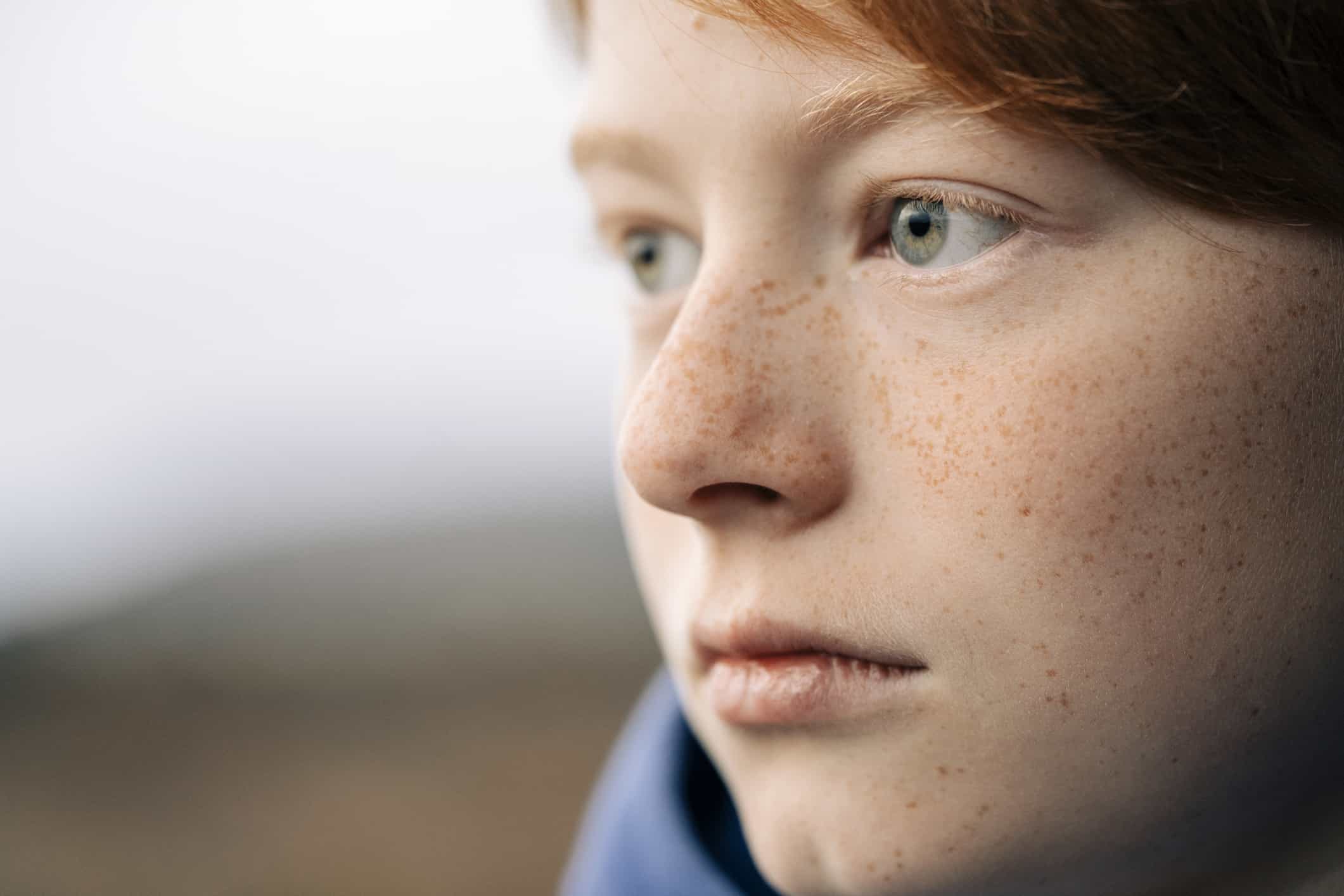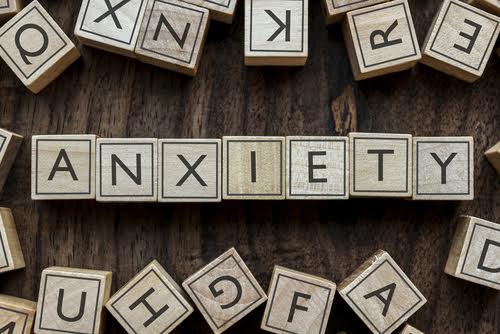While we usually consider the holiday season a time for joy and cheer, that feeling is not universal. Among people with mental health issues, over half (64 percent) report that the holiday season negatively impacts their condition, with 40 percent reporting that they feel somewhat worse and nearly a quarter (24 percent) reporting feeling much worse. One respondent in a survey for the National Alliance on Mental Illness stated that the “holiday season beams a spotlight on everything difficult about living with depression.”
While millions of Americans are doing their best to find the right time and space to spend with their family, the looming threat and ongoing destruction caused by COVID-19 further weighs on people’s hearts, raising anxieties about seeing friends and loved ones, and reopening fresh wounds caused by the loss of family members. There’s also seasonal/holiday depression, which affects up to 20 percent of people with major depressive disorder (MDD) and worsens depression during the winter months.
If you feel that your family, and especially your teen, are taking things quite hard during this year’s holiday season, then know that you are not alone. Millions of Americans are in mourning this year. The financial impact of a pandemic only further heightens anxieties around finances and finding work, not to mention the pain of missing family during one of the most important social occasions of the year. Understanding how the holidays might affect your teen and make them feel can help you identify the best way to help them.
Understanding the Highs and Lows of Holiday Depression
Seasonal/holiday depression, also referred to as seasonal affective disorder (SAD), is a mental health condition that affects about 3 percent of the general population. Between 10 and 20 percent of people are affected by MDD, and nearly 25 percent of people are affected by bipolar disorder. Seasonal/holiday depression is a mood disorder characterized by symptoms of depression, especially during the winter months, usually tied to a combination of factors including:
-
- Everyday holiday stressors around family.
- The pressure to be social.
- Financial stress.
- Drastically lowered levels of daylight, which can affect the brain and induce a negative mood.
Only about 10 percent of people with seasonal/holiday depression experience symptoms during the spring and summer months, rather than the fall and winter months. Seasonal/holiday depression should not be confused with the winter blues, a separate phenomenon involving a mild dip in mood during the holidays. People with seasonal/holiday depression experience more severe symptoms, including:
-
- A marked decrease in self-esteem.
- Noticeable signs of hypersomnia (excessive sleep).
- Intense cravings.
- Rapid weight gain.
While the causes are not entirely laid out, research indicates that the holiday season’s stressors may be exacerbated in some people by disrupted body clocks (circadian rhythm issues) and a lack of sunlight leading to lower production and release of important mood controlling neurotransmitters, like dopamine and serotonin.
If your teen’s mood dips severely over the holidays, then know that their low mood and irritability might not just be in response to recent events but also the winter months’ general effect. Certain protective factors and condition-specific treatments (like light therapy, utilizing artificial UV light) may help them cope better. Unlike the winter blues, seasonal/holiday depression must be diagnosed and treated by a professional.
An Especially Difficult Year
Regardless of whether your teen’s mood is significantly impacted by holiday stressors and a different day-and-night cycle, no one would argue against the fact that this year is filled with extraordinary circumstances. We could all stand to have a little more support during this challenging year.
While some of us might be keen to see it end and are eagerly looking forward to celebrating the coming of a new year and new opportunities, others reflect on the past 12 months’ events with sorrow and pain. Your teen might be reminded of a close friend or relative’s death whenever they feel the “holiday spirit,” or they think your stress from months and months of anxiety and back-to-back bad news, and it is wearing on them as well.
It takes time to recover from loss and pain, in any shape or form. But if the holidays serve up a final stinger rather than a soothing balsam, acting together could help you and your teen find some peace and make the best of things. Here are a few tips for seeking emotional stability and overcoming low moods during these next few months.
Establishing and Maintaining a Healthy Routine
The holidays can feel massively disrupting for many, especially for teens who rely on a steady routine to keep their feet on the ground and manage feelings of anxiety or loneliness. Maintaining a healthy routine even throughout the holidays might feel like it is not doing a special occasion any justice, but it may help your teen feel stable. Elements of a healthy routine might include:
-
- An hour or two of exercise.
- Limited screen time.
- Working on a project individually or together (like fixing up an old car, learning to cook new meals, finishing a book, or practicing an instrument).
- Continuing to work or study (or find an equivalent activity).
Having Things to Look Forward To
For many teens who are feeling down during the holidays, these next few weeks might serve mainly as a reminder of what could have been or of the sorrowful events that had come to pass in weeks prior. Having something to look forward to can help serve as a reminder to move on or focus and be grateful for future opportunities. The next date with a friend, a new graduation day, the first day of a new life at school, or even just the new year and what it might bring. Holding onto the hope of something better is essential.
Making a Difference Over the Holidays
The holidays aren’t just a time for gift-receiving – they’re also a time for gift-giving, and sometimes, that gift doesn’t need to be a new phone or a fancy necklace. If your teen is feeling down, helping those in need during the winter months (and during a pandemic) can help them reap the benefits of kindness and gratitude. There are many ways to help, from donating unwanted old clothes to volunteering at kitchens and handing out supplies. See what is being organized in your local neighborhood and pitch in with your teen any way you can.
Warning Signs and Getting Help
Sometimes, the best thing you can do to help your teen is getting them the help they need. Suppose your teen has been making frequent references to self-harm and suicide, has changed drastically in terms of personality and interests, has become entirely recluse and intensely irritable, and is generally unresponsive to all attempts to help reincorporate them into family life. In that case, it might be best to call a professional and ask for help. Convincing your teen to come to see a specialist might be difficult, but they may also be waiting for you to take notice and offer serious help as their thoughts and behavior spiral towards depression.








